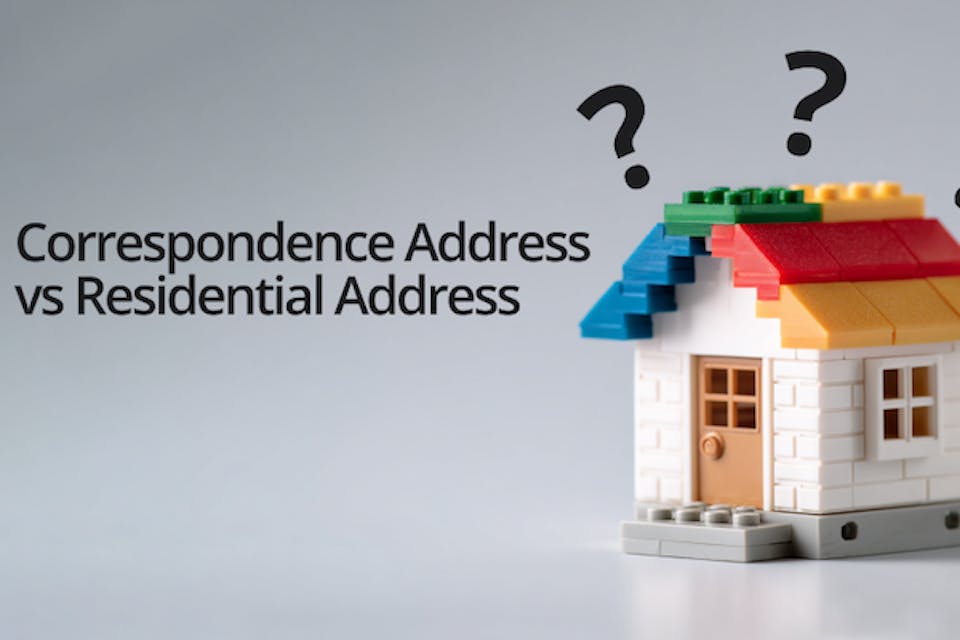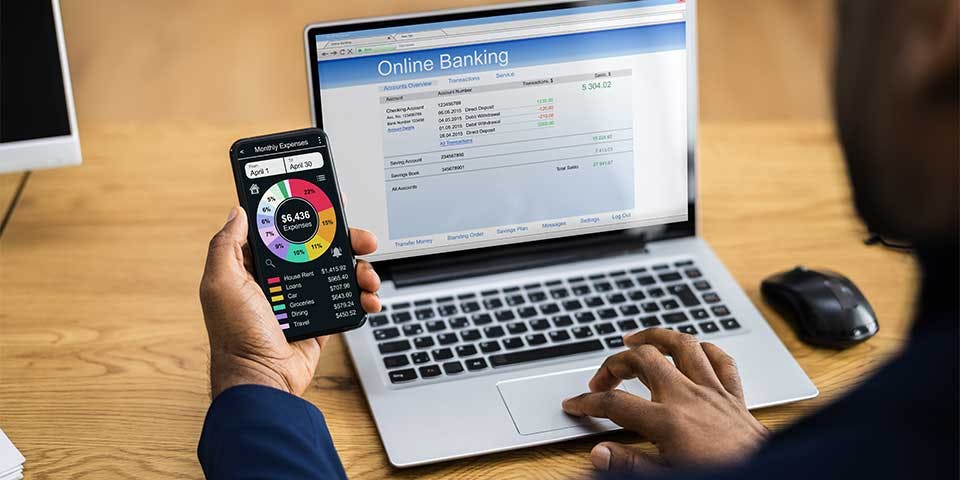21 December, 2022
22 Crucial Questions to Ask When Buying a Business in the United Kingdom
Table of Contents
The most common mistake potential buyers make is letting passion alone drive their choice in buying a business. Given the current economic downturn, it’s essential to explore important questions to ask when buying an existing business.

We get it – you don’t want to start from scratch, and choosing an already existing business can provide a quicker path to jumpstart your entrepreneurial career. But, it’s not news that many business owners sell their business as an exit plan during a decline in profitability. In fact, if you don’t determine the actual value of the business, you could end up paying a multiple of 10 times what the business is worth.
Don’t be tricked into buying a business at face value. You must analyze and examine the business; your findings should be based on data, not word of mouth. This guide will teach you our ‘look-feel-touch’ approach to buying a business and crucial financial, legal, fiscal, and operational questions to ask when buying a business in the UK.
What to Consider When Buying a Business
If your dream UK-based business is up for sale, it can become yours by either buying it as a going concern or buying its stocks. Generally, there are no legal restrictions on who can buy a business in England. The business-friendly laws also allow non-residents to get a slice of the financial pie. According to the Office for National Statistics, over 46,000 UK businesses are owned by foreigners. However, you need a working visa to buy or open a company in the UK as a non-resident.
While it’s not compulsory to hire a lawyer when buying a UK business, it’s recommended to get a business attorney as well as a business broker to thoroughly review the contract and transfer agreements from a legal standpoint.
Even then, it would be best if you did your own research. As cliché as it sounds, it’s the best way to know factors to consider, red flags, and what questions to ask when buying a business.
Don’t fall into the trap of asking a bunch of pointless questions. In the next section, we’ll provide a detailed checklist of what questions to ask when buying a business in the UK.
Questions to Ask When Buying a Business in the UK
Here’s some hard-hitting advice – Don’t put your signature on that ‘business for sale’ deal until you have satisfactorily answered these 22 crucial questions to ask a business owner before buying a business.
General Questions to Ask Yourself
1. What exactly is my reason for buying this business?
Are you buying the business for a good reason? Is it simply a good deal, or you don’t want to go through the stress of registering a new company? No matter the reason, you need to look at the big picture.
First, consider your experience in the industry. Do you think you are knowledgeable enough to flourish in the industry, or are you willing to learn on the job? Also, will you take this business as a side hustle, or are you doing it full-time? If you are buying the business as a side gig, you’ll want to go into a niche that can thrive without total commitment.
2. What is the business outlook?
Don’t schedule your first meeting with the business owner without understanding the outlook of the business and industry. To do this, perform a competitive analysis of industry rivals and gauge the influence of political, economic, social, and technological forces.
Compare the results with the SWOT analysis data of the business you want to buy. SWOT stands for strengths, weaknesses, opportunities, and threats. This will give you an inside look at where the business stands in the grand scheme of things.
3. Who should I talk to?
If you still have your eyes on the business after speaking with the owner, you should pique the mind of a third-party industry expert or someone with a similar business. Also, you could go over the details with friends who have experience in financial analysis. Due diligence also requires you to have a chat with employees, customers, contract clients, and suppliers. These people will help you determine what the business is worth.
Personal Questions to Ask the Business Owner
Go prepared to the negotiation table with these questions for the business owner. It's a conversation, not an interrogation, and any honest business owner will be willing to answer all your queries. In fact, it's a red flag if the business owner is reluctant to provide answers.
4. Why have you decided to sell your business?
Business owners sell their businesses for different reasons. However, data revealed that small business owners usually sell out because of burnout, health challenges, boredom, and new opportunities. On the other hand, large business owners sell to take money off the table or simply to retire.
In the UK, some business owners may cite burnout but in reality, they are on the verge of bankruptcy. Note that bankruptcy is not entirely a bad thing, provided the business owner is honest, and you have a clear understanding of the situation.
5. Will the company overcome your absence?
How well does the company operate when the owner takes an extended leave? Are there trained employees in the business? If the business is a mom-and-pop family business, you also want to know if customer trust will be lost, as well as plans in place to prevent it.
6. How long has the business existed?
Knowing the length of time the business has existed will help you predict future financial returns. Although this is not always the case, a 10-year business will have better projections than a 1-year-old business in the same industry. Also, if the business has changed hands in the past, then it’s important to know the history. If possible, ask to meet with previous owners.
7. How many hours do you work per week?
The amount of time needed to run a business depends on the nature of the business, and whether the owner is a sole trader or has employees. Other individual factors may make it more difficult to predict how much time you need to scale the business successfully. However, asking the owner will give you an estimate.
8. Do you pay yourself a salary?
While this may be subjective, how much the CEO pays themselves reflects the company’s cash flow and profit margin. You should also ask if the owner ever raised their salary and the factors that influenced that decision.
9. What is the opinion of other stakeholders?
If the business has stakeholders, ask if you can speak with them. You want to know if the CEO owns the majority of equity. This frequently applies to small businesses. However, the legal agreements covering equity shares usually determine if the owner has the right to sell the company or whether it takes a majority shareholder vote.
Financial Questions to Ask Before Buying a Business
These are questions to ask when buying an existing business pertaining to the financial health of the business.
10. What is the financial state of the business?
Get a financial advisor or accountant to assess the business’s financial records in the last 2-3 years. Look at profit and loss margins, balance sheets, cash flow, tax returns, payroll, sales invoices, contracts, and asset sheets.
Confirm the validity of the financial statements by analyzing them separately. For example, compare bread sales with the quantity of flour the business purchases. If the business has a website, monitor the website’s traffic to see if the figures match.
11. What is the company’s gross revenue trend?
Take a look at the company’s gross revenue over 2-5 years and determine if it is rising or declining. If rising, is it because of an increase in product prices?
12. What assets does the business have?
Examine the company’s tangible and intangible assets and document their valuation. Tangible assets include equipment and buildings, while intangible assets are patents, trademarks, goodwill, copyrights, a list of high-paying clients, etc.
13. Is the company writing off a bad debt?
Let’s face it — once you buy an existing business, their problem becomes your problem, and any unpaid debts are your burden. Ask about debts such as business loans, overdue rent, hire purchased equipment, mortgage, and payment plans.
14. Does the business have adequate working capital?
Ask the vendor or their representative if the business can pay its liabilities with current assets. Working capital is a key pointer to the business’ short-term financial health, operational efficiency, and capacity to clear debts.
Questions About the Selling Price of the Business
15. How was the asking price derived?
Although a business venture is worth what a third party is willing to pay, the business owner should be able to give a rough brief on how the asking price was derived. There’s no formula and most businesses will sell for 3-5 times multiple of their profits.
16. Has the Business been valued by a financial auditor?
If an external auditor has valued the business, take a look at the report and compare the figures with the financial statements. You may want to take a step back if there’s a significant difference between both reports.
17. What is the Company’s Goodwill Valuation?
Goodwill value is the part of the selling price that is in excess of the net value of the business’ assets and assumed liabilities. This can include the brand name value and reputation, as well as customer base, quality of customer service, employee-friendly relations, etc.
Legal Questions to Ask the Business Owner?
Here are a few legal questions to ask when buying a small business.
18. Does the business have an attorney?
The brand’s lawyer can help review the clauses and contract and ensure a mutually beneficial agreement between the potential buyer and the owner.
19. Does the business have any past or ongoing lawsuits?
Lawsuit history is an important question to ask a business owner before buying a business. It’s a red flag because you don’t want to buy ‘trouble’ and inherit a bad brand name. Ask about details of past lawsuits and their outcome. If there is any ongoing lawsuit, review the case summary and figure out if it’s the reason why the owner is selling the business.
20. Are there legally binding industry regulations affecting the business?
Most businesses have some form of government regulations specific to their industry. Asking the owner about this will potentially save you from getting into trouble with the law.
21. What licenses and permits need renewal?
Request copies of all important documents, including licenses and permits, relevant to the business. Call or visit the regulatory offices to double-check their validity and whether they can be transferred after the business is sold.
22. Questions to Ask about The Business's day-to-day Operations?
At a minimum, could you ask the following questions about marketing, sales, and social leverages?
- Do you know if I will retain key employees?
- How often has the business increased prices?
- How consistent are sales?
- Has the business ever launched marketing campaigns?
- What are the company’s user ratings?
- Will existing contracts with suppliers be transferred to me?
- Is the business competitive?
- Will there be a trial and handover period?
Other things to ask when buying a business depend on its structure. If the business is one-man, you will need a sole trader registration. The biggest challenge with the registration process is that most sole traders list their home address as their office address. For privacy reasons, we recommend getting a virtual business address for sole trader.
How The Hoxton Mix Can Help
Wondering how to refresh an already existing business? Branding is the simple yet most effective solution you can leverage to compete in the market.
But, your target customers won’t take you seriously if your home is your business address and your mobile phone number is your business’ contact information.
This is where we come in: The Hoxton Mix provides a London virtual office in a prime location. Without worrying about overhead costs, you can get an office address in the swanky part of town. And what’s more? With one click, you can review your mail history, manage your subscription, and hire a virtual receptionist.
When buying a business, what questions to ask shouldn't be a problem for you anymore. However, if you still have some questions, or you are curious about how to get a company registration number or what the cheapest way to set up a limited company is – you can always turn to The Hoxton Mix for further information.
Reviews don’t lie. We have a 4.9 average rating, and you can cancel anytime. Contact us today!
FAQ
How do I know what to ask before buying a business?
What questions to ask before buying a business can vary from one business to another. Even then, it’s a bad investment if you’ve not satisfactorily answered the questions covered in this article.
What is the most important question to ask a business owner when buying a business?
The most important question to ask a business owner before buying a business is — ‘why are you selling this business?’. Whatever response you get, you need to take it with a pinch of salt until you dig deeper and confirm their books are healthy.
Hand-picked related articles

London
Virtual Office
Mail Management






